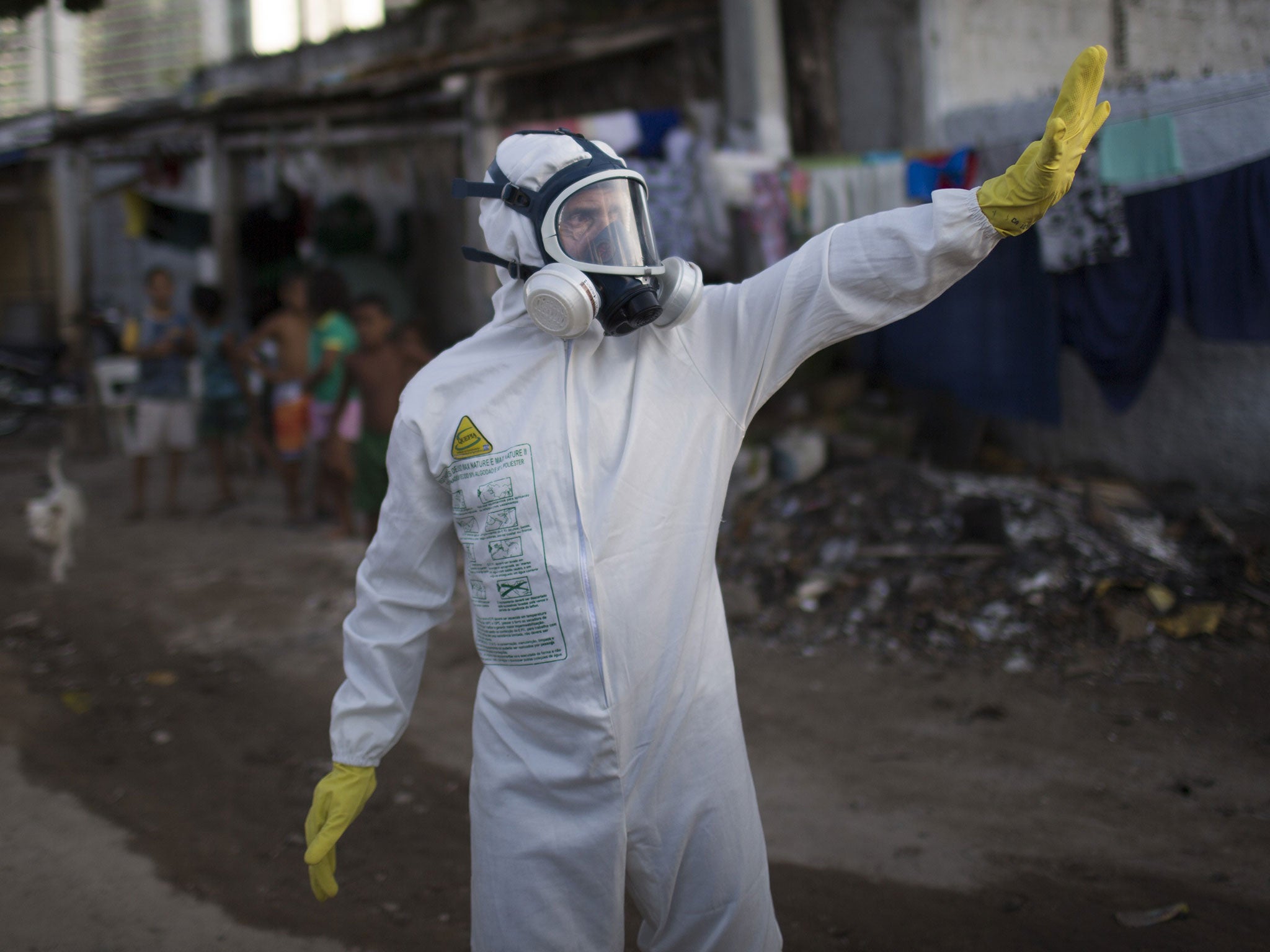Zika in Europe: Man in Denmark tests positive for mosquito-borne virus following return from South and Central America
Thousands in South and Central America have been affected by the virus

A Danish national has tested positive for the mosquito-transmitted Zika virus after travelling to South and Central America, where thousands of people have been affected by the illness that poses a particular threat to pregnant women.
In a statement, the Aarhus University Hospital said the patient ran a fever, had a headache and muscle aches and was discovered as having the virus on Tuesday.
There hospital released no further details about the patient but it says that there is little risk of it spreading in Denmark because the mosquito carrying the virus isn't found in the country.
Danish broadcaster DR quoted Professor Lars Ostergaard from the university hospital as saying the case involved a young man. Professor Ostergaard said the patient was allowed to go home after doctors made sure that he was feeling well.
Officials warned on Monday that only Canada and Chile would escape the spread of the virus as it extends its spread across the Americas.
While Zika itself is not particularly dangerous to most people, there is growing evidence of a link between the virus in pregnant women and birth defects in their children.
Specifically, Brazil has experienced a massive growth in cases of microcephaly – a congenital disorder which sees the brain of the developing foetus failing to grow normally – at the same time as the spread of Zika.
Normally the country reports about 200 microcephaly births a year, but since last October, Brazil has seen nearly 4,000 reported cases of newborns with microcephaly. In the poorer region of Pernambuco in the country's north-east, between 1 and 2 per cent of newborns now have microcephaly.
At the weekend, Public Health England confirmed that three cases of Zika virus had been found in the UK, in travellers returning from Colombia, Suriname and Guyana.
Though the virus does not spread directly from person to person, Public Health England said "a small number of cases have occurred through sexual transmission or by transmission from mother to foetus via the placenta".
Countries in the affected region are warning women to postpone pregnancy if possible until more is known about the outbreak, while El Salvador is telling women to put off getting pregnant until 2018. Expectant mothers are also being told to stay away from this summer's Olympics in Rio de Janeiro.
There is no known antidote to the virus.
Join our commenting forum
Join thought-provoking conversations, follow other Independent readers and see their replies
Comments
Bookmark popover
Removed from bookmarks